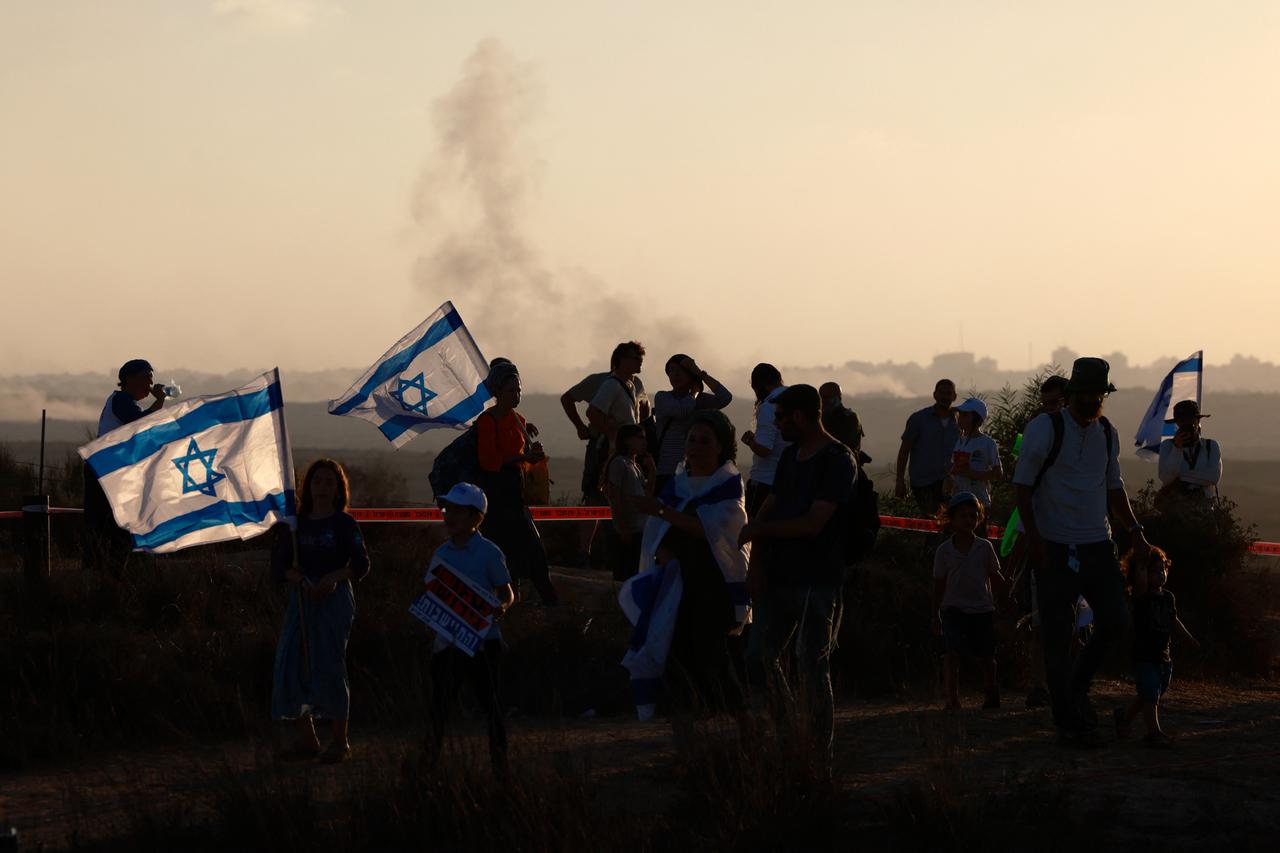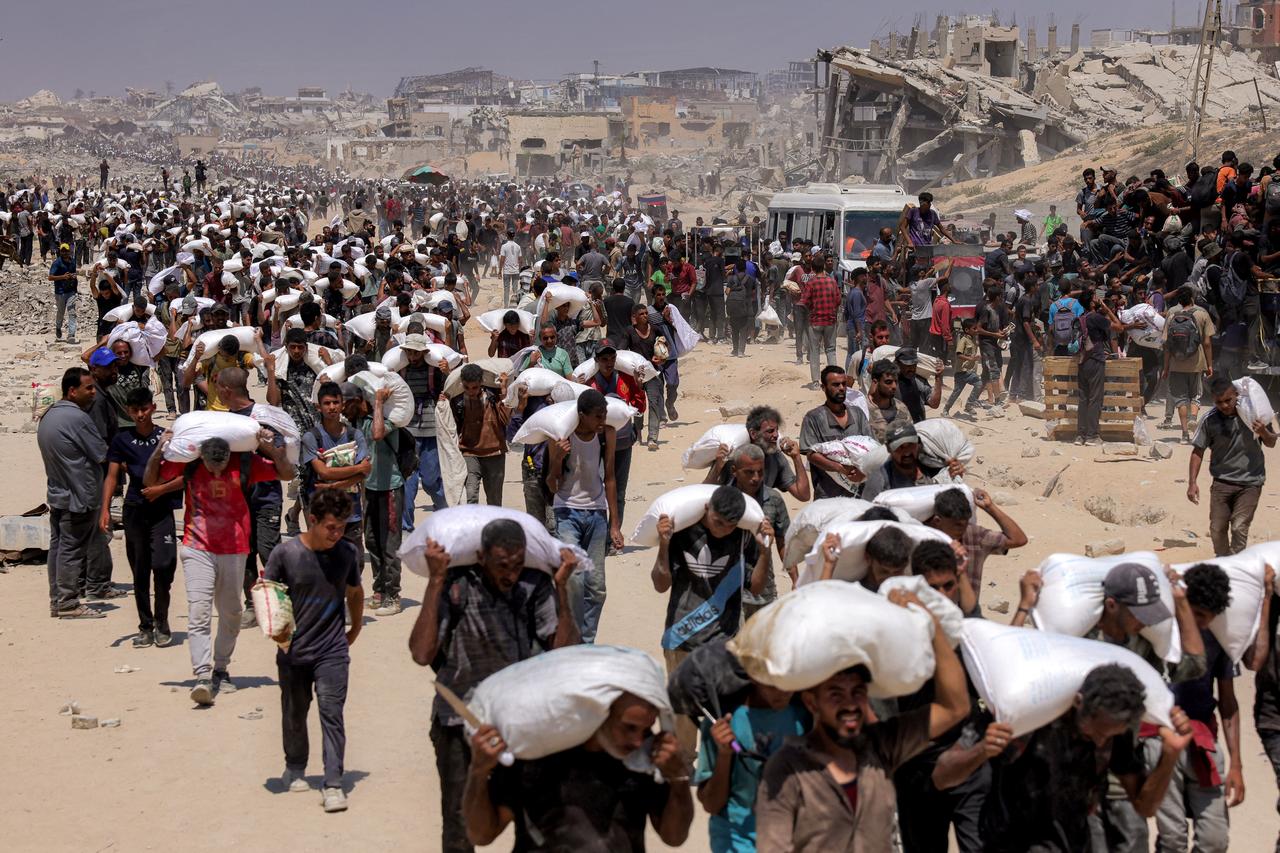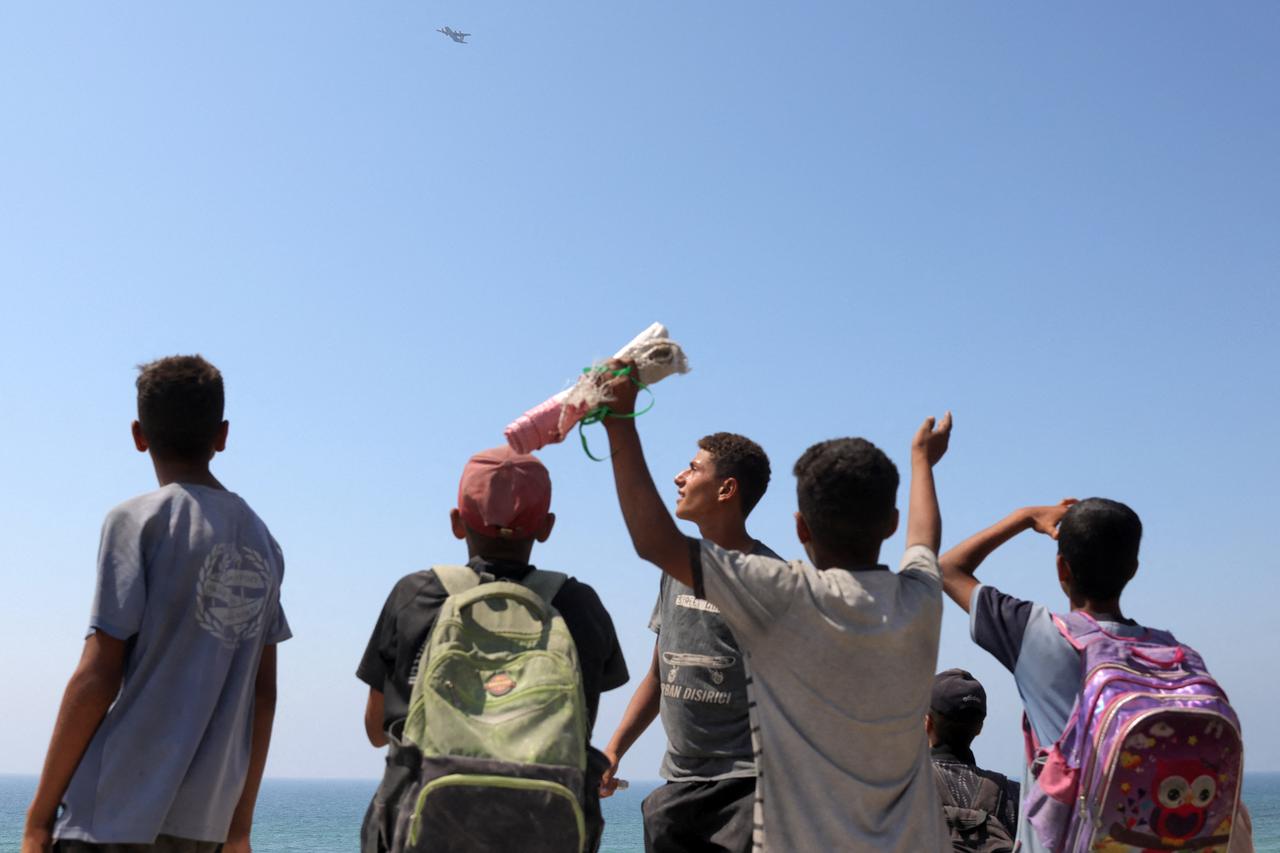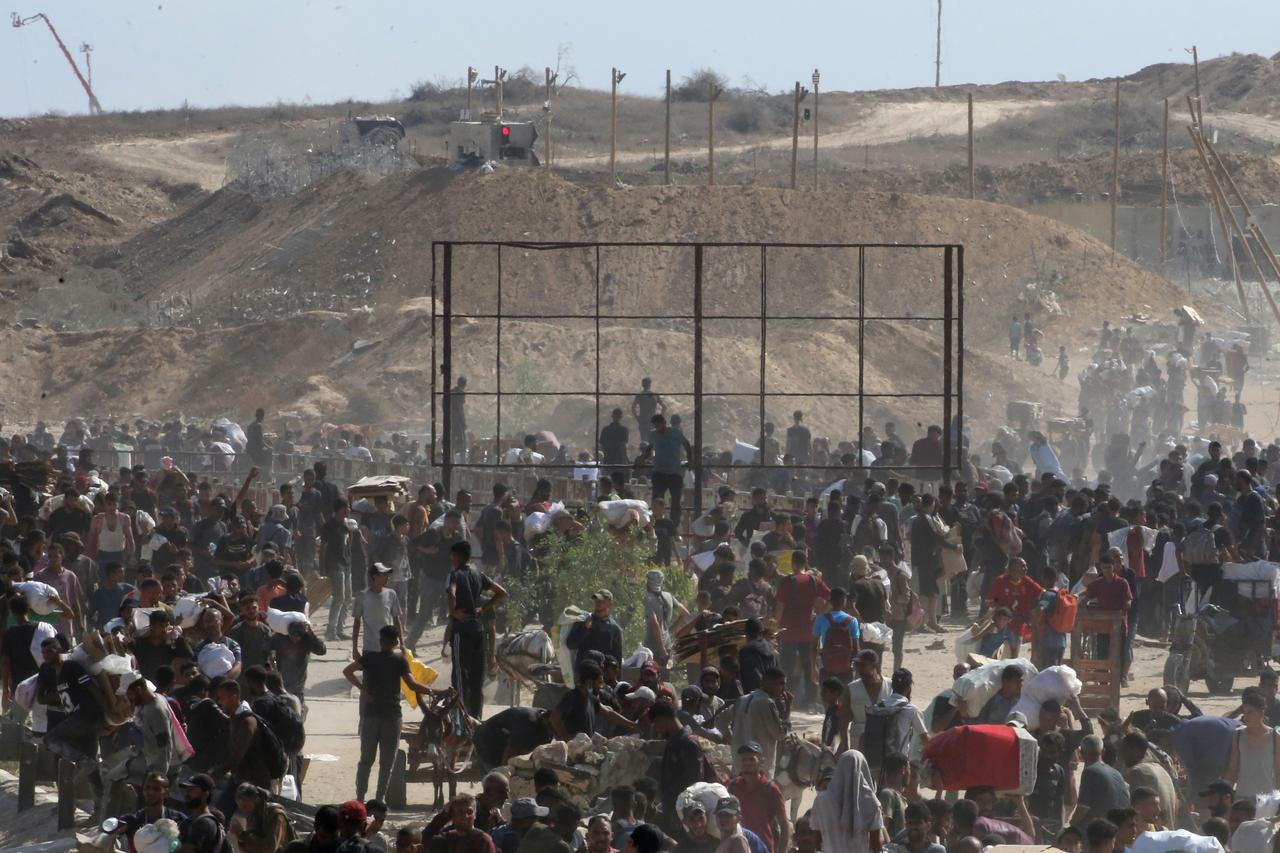
Israel has rejected most of Hamas' demands in Gaza cease-fire negotiations, including withdrawal from the Philadelphi Corridor and buffer zones along Gaza's border, according to Israeli media reports detailing the government's response to mediators.
The Israeli rejections have effectively stalled cease-fire talks aimed at ending the 16-month conflict and securing the release of hostages held by both sides.
According to Channel 13 Television, Israel refused to withdraw from the Philadelphi Corridor and buffer zones along Gaza's border, claiming such moves would "weaken the state's capacity to ensure the security of Israeli settlements on the Gaza border."
Tel Aviv also rejected Hamas' demands regarding the release of Palestinian prisoners, arguing that "releasing large numbers of Palestinians would not allow for reaching an agreement regarding Israeli prisoners in Gaza."

Israel categorically rejected Hamas' demand for "opening the Rafah Border Crossing and changing the humanitarian aid distribution mechanism," according to Israeli media reports.
Israel Hayom newspaper reported that Israel also refused Hamas' demand for "closing aid distribution centers affiliated with the Gaza Humanitarian Aid Foundation and continuing the old distribution mechanism through the United Nations."
Additional rejected demands included releasing Palestinian prisoners and detainees in exchange for dead hostages, narrowing Gaza's buffer zone, and withdrawing forces from large portions of Khan Yunis and Rafah.
Channel 13 Television reported that Israel informed mediators it was prepared to withdraw a significant portion of its military forces within 60 days of a cease-fire but was "not ready to end the war."
Hamas has not yet responded to this latest Israeli proposal, containing rejections of its key demands.

The current impasse follows Hamas' July 24 response to a cease-fire framework proposed by mediators. The Israeli Prime Minister's Office confirmed receipt of Hamas' response through mediators and said it was under review.
U.S. President Donald Trump's Middle East Special Representative Steve Witkoff claimed Hamas was "reluctant" regarding cease-fire negotiations and announced the decision to recall his negotiating team from Doha "for consultation purposes."
Egypt and Qatar issued a joint statement on July 25 saying the suspension of Gaza Strip negotiations for consultation was "a normal situation."
Meanwhile, violence continued in Gaza as Israeli forces killed 51 Palestinians and wounded 648 others in an attack on civilians waiting for humanitarian aid in northern Gaza, according to Gaza's government media office.
The statement said Palestinians traveling from the Zikim area to receive flour and humanitarian aid were targeted in the Sudaniyye area, with casualties occurring "within just 3 hours."
The attack occurred as only 112 aid trucks entered Gaza that day, most of which were looted due to "deliberate and systematic chaos created by Israel," according to the Gaza government.

U.S. Sen. Bernie Sanders condemned Israel's restrictions on humanitarian aid to Gaza, stating that "tens of children have died of hunger" due to Israeli policies.
"This inhumane policy has resulted in mass malnutrition among the people of Gaza. Dozens of children have died of hunger," Sanders said in a video posted on social media platform X.
Sanders noted that 60,000 people have died in Gaza since Israeli attacks began, with more than 140,000 wounded, of whom 60% are women, children and elderly people.
"In other words, our taxes and weapons support this brutality. The American people do not want their taxes used to starve children in Gaza," Sanders said, announcing he would push for Senate votes to end certain arms sales to Israel.
The White House responded to recent international recognition of Palestinian statehood by reaffirming President Trump's position that such recognition would "reward Hamas."
"He believes Hamas should not be rewarded. That's why he won't take such a step. President Trump's priority is getting food to people," a White House official said in response to questions about Canada's announcement that it would recognize Palestinian statehood.